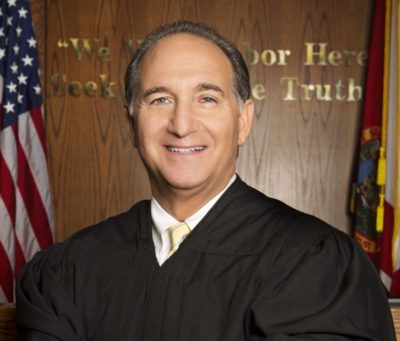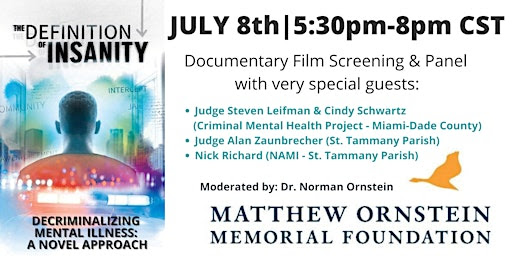
Judge Steven Leifman
(7-6-21) The Biden Administration missed a real opportunity to improve the lives of those struggling with mental illnesses and addictions when it didn’t nominate Miami-Dade Judge Steven Leifman to be the next Assistant Secretary for Mental Health and Substance Abuse. Judge Leifman is the reformer who allowed me access into the Miami Detention Center for ten months to follow prisoners with mental illnesses through our criminal justice system, which resulted in my book, CRAZY: A Father’s Search Through America’s Mental Health Madness. (CRAZY refers to our system, not individuals such as my son.) He is an inspirational crusader for mental health reform who has worked tirelessly to stop the inappropriate incarceration of individuals whose only real crime is that they got sick.
On July 8th, you can hear him speak and see a fabulous documentary sponsored by Dr. Norman Ornstein by registering here. There is no charge for this opportunity, which is being organized by Janet Hays with Healing Minds Nola.
Please tune in and learn what this amazing advocate has accomplished in Miami-Dade County and could do for the rest of our nation if given the opportunity by our federal government.
|
||
|
||
|
||
|








